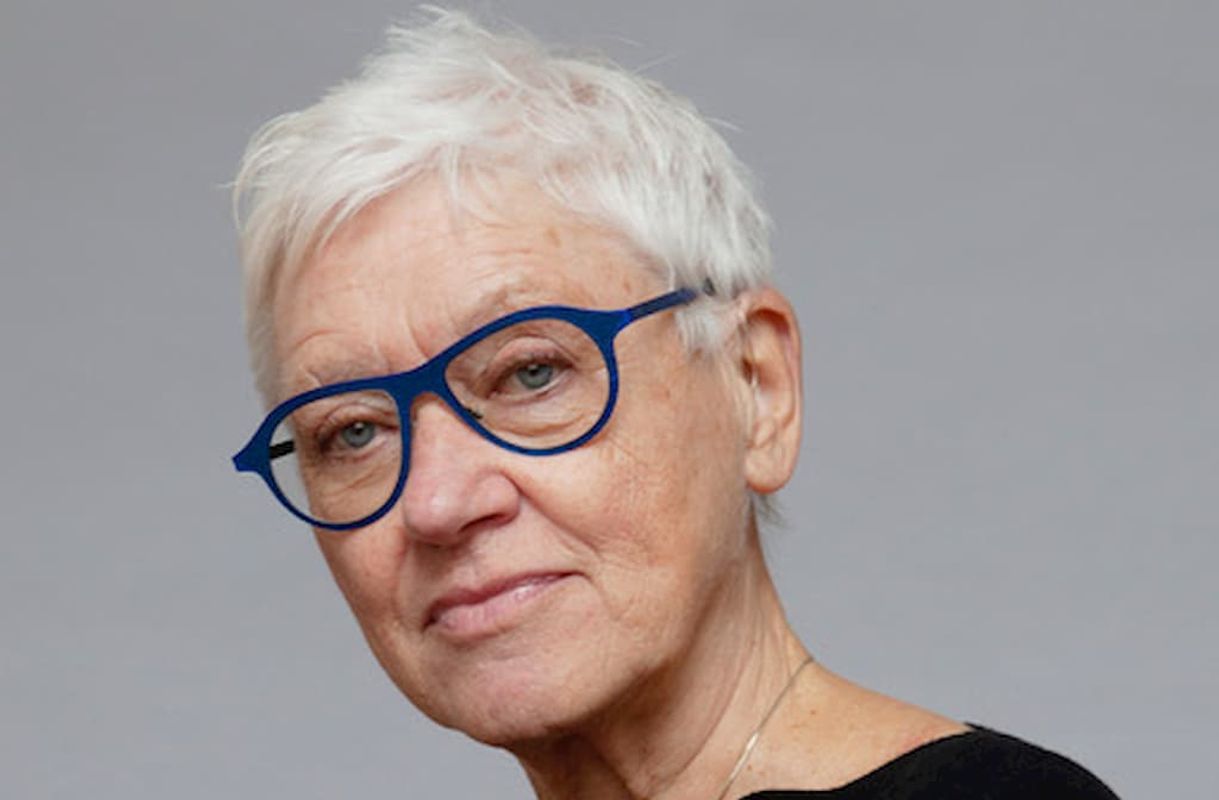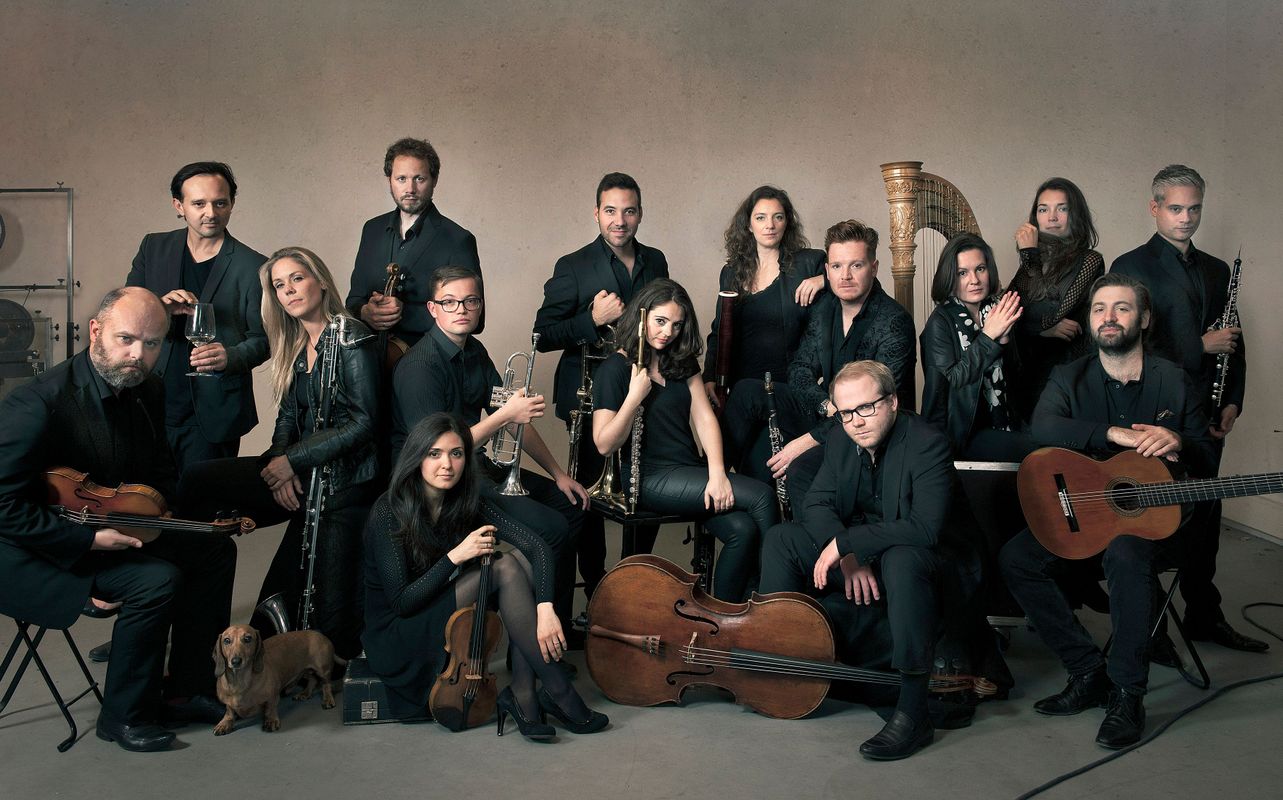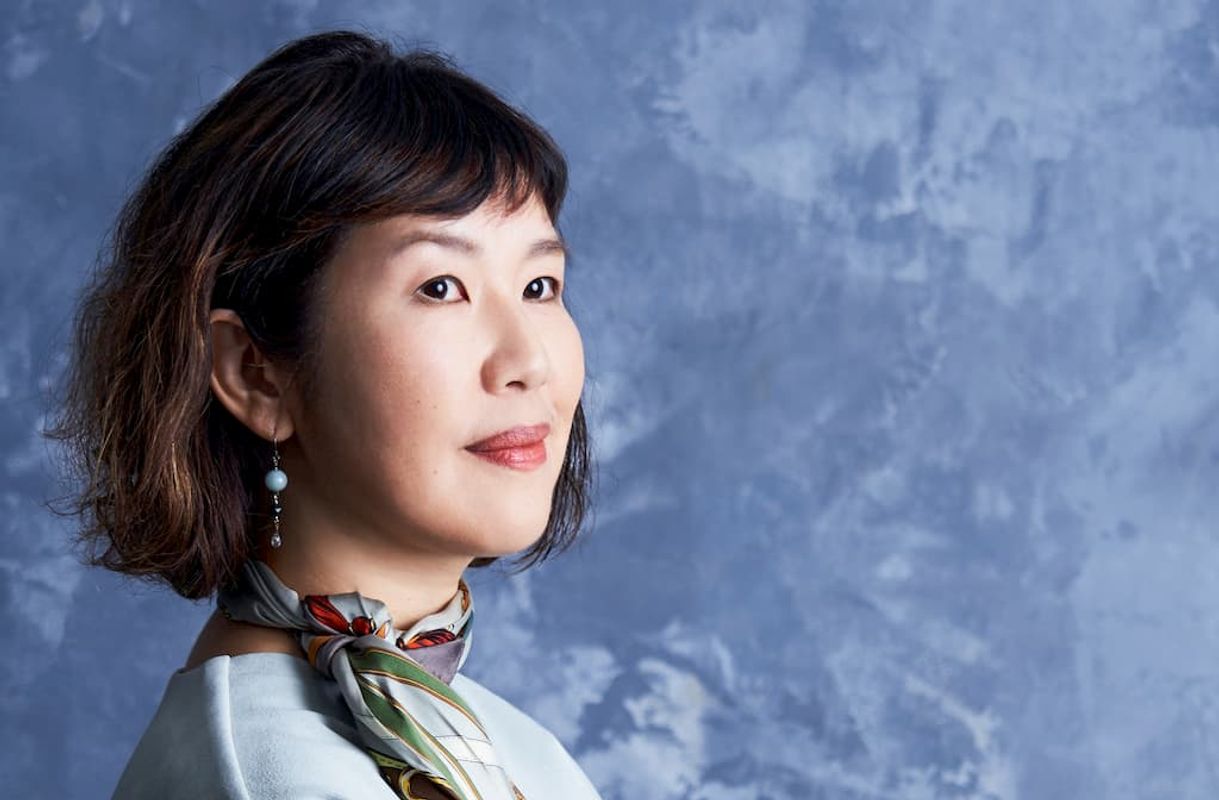Portrait of Pieter Cnoll, Cornelia van Nijenroode, their daughters and two enslaved servants (Batavia, 1665) by Jacob Coeman [Rijksmuseum]
Otemba - Daring Women
Misato Mochizuki, Jan van den Berg, Janine Brogt, Ryoko Aoki, Bernadeta Astari, Michael Wilmering, New European Ensemble
Thu 19 Jun 2025
20:30
-
21:40
Thu 19 Jun 2025
20:30
-
21:40
-
Thu 19 Jun 202520:30 - 21:40Grote Zaal
Program
19.45 / Foyerdeck 1 / Introduction
by librettist Janine Brogt
20.30 / Grote Zaal / Main program
Misato Mochizuki Otemba – Daring Women
Credits
Misato Mochizuki music
Janine Brogt libretto
Jan van den Berg direction
New European Ensemble
Ryoko Aoki (Cornelia van Nijenrode), Bernadeta Astari (Kirana Diah), Michael Wilmering (Conservator) vocals
robot AI scanning
Gé Wegman light design
Lisa Konno customes
Theater Adhoc, New European Ensemble production











